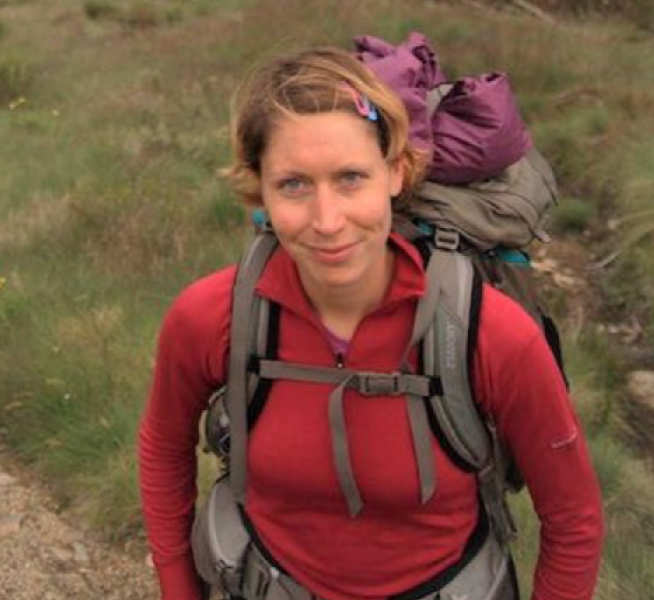
NESS SEMINAR
Dr Ans Vercammen, The University of Queensland
Quinta Seon, McGill University & The University of the West Indies
Date: Friday 22nd July
Time: 12 – 1pm
Via Zoom
There is growing recognition, in both the public sphere and academia, of the mental health consequences of climate change. Terms like eco-anxiety, climate distress, ecological grief, and solastalgia describe an existential dread associated with the escalating climate crisis and the absence of a commensurate policy response. The emergence of a global pandemic has added further pressure on people and already strained healthcare systems. Research is urgently needed to uncover how people can be supported to take action while protecting their mental health.
This talk will cover published and preliminary findings from the “Climate Cares” research program coordinated by The Institute for Global Health Innovation and the Grantham Institute at Imperial College London. Our “Changing Worlds” study aimed to understand how young people coped with this dual challenge of climate change and a pandemic, to identify areas of resilience and ways in which we can assist them with building agency in a changing world. Key findings from online surveys of young residents in the UK and US (aged 16-24) will be presented as well as recently collected data from Barbados, Trinidad & Tobago and Guyana, offering a first-ever insight into eco-anxiety and the mental health impact of COVID-19 on young people in the Caribbean region. We hope to inspire discussion on future directions for this type of work in other regions, including Australia and the Pacific.
Ans Vercammen (she/her) is a Senior Research Fellow at the School of Communication and Arts at UQ and an honorary Research Fellow at the Centre for Environmental Policy, Imperial College London. She holds degrees in experimental psychology, behavioural neuroscience and conservation. She is interested in the dynamic relationship between people and nature, particularly how this influences pro-environmental behaviour and human wellbeing, whether beneficial (e.g. the salutogenic effects of nature exposure) or detrimental (e.g. ecological grief, anxiety and trauma). In the next stages of this research, she aims to focus on co-developing tools and techniques for psychological adaptation, to support those working at the frontlines of environmental protection.
Quinta Seon (she/her, they/them) is a Ph.D. candidate in Mental Health at McGill University. Quinta is collaborating with Inuit in Quebec towards a culturally adapted psychotherapy with virtual reality (VR) components. She is currently completing an internship at the University of the West Indies and has led the analysis of the “Climate Cares” Caribbean survey.





